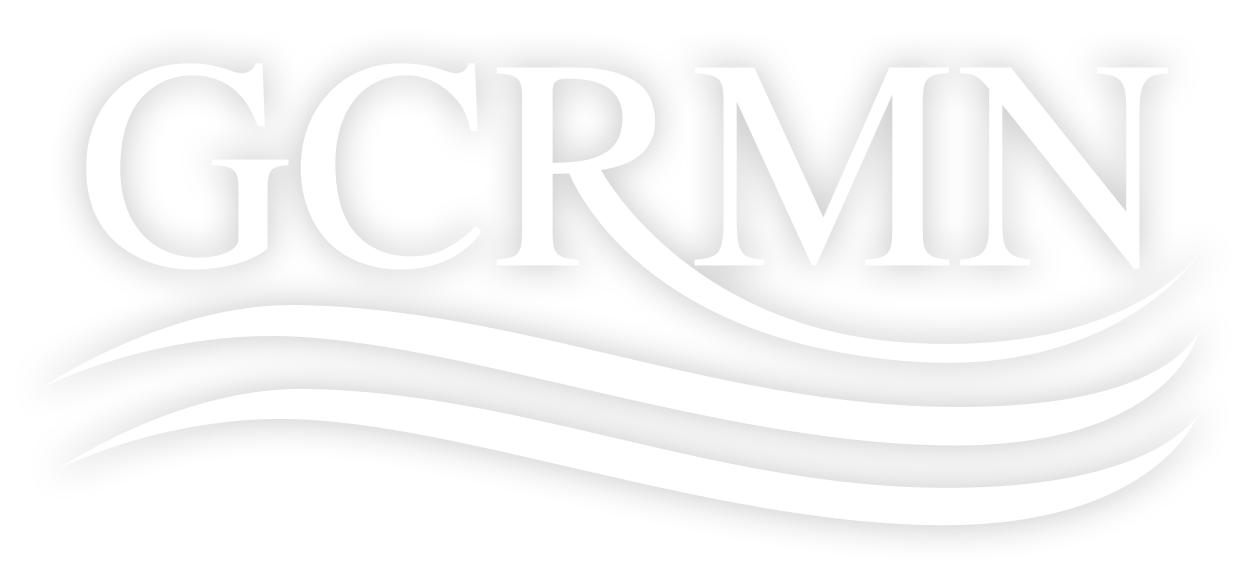Samoa step up coral reef monitoring
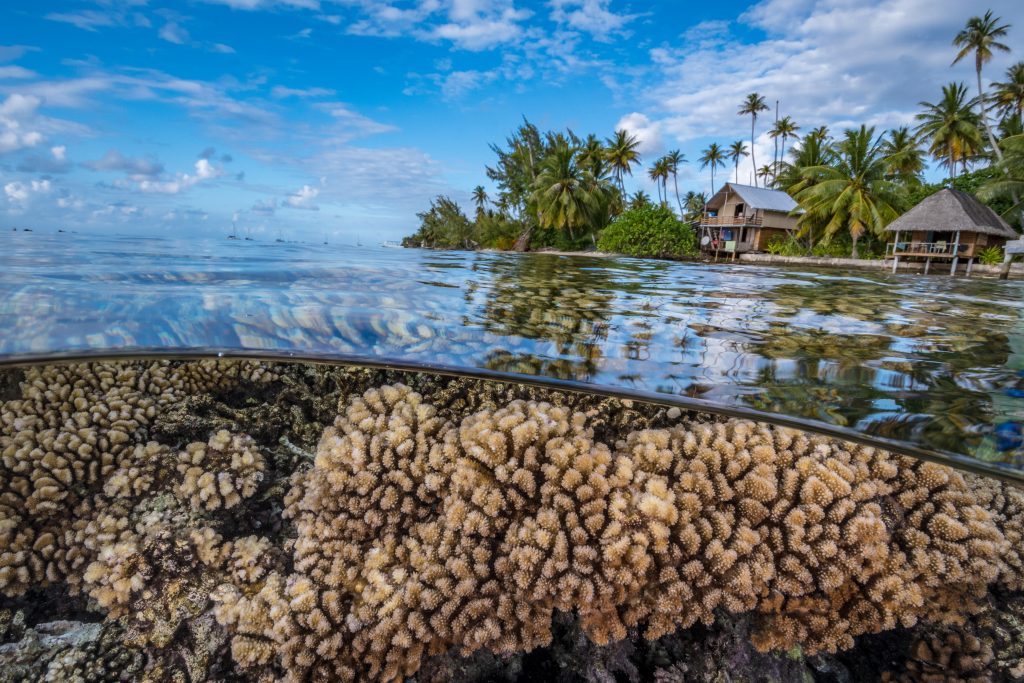
AIMS has played a guiding role in helping Samoa draft the design of a national coral reef monitoring program to standardise and integrate local monitoring efforts. This will help the Pacific nation better understand the status and trends of its coral reefs and fisheries and inform how they are best managed. In addition, AIMS concluded […]
GCRMN Regional Coordinators Meeting – February 2024
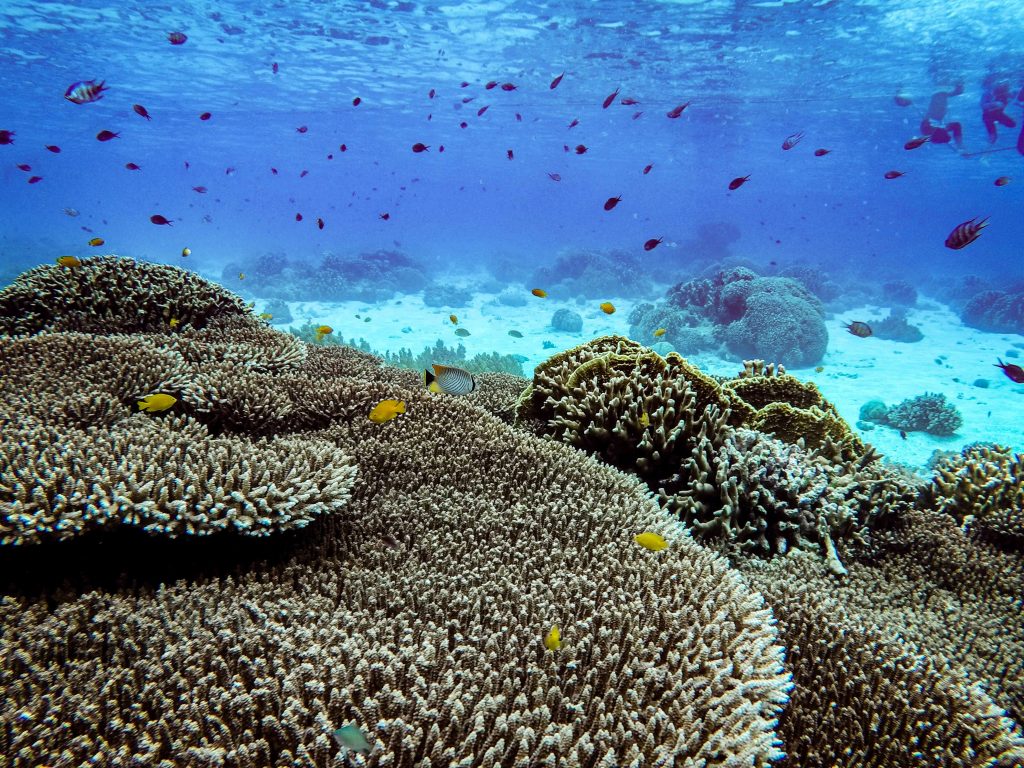
The Global Coral Reef Monitoring Network (GCRMN) is a global network of scientists, managers and organisations that monitor the condition of coral reefs throughout the world, operating through 10 regional nodes, which operate as entities under the GCRMN driven by regional coordinators. These coordinators facilitate the communication within the region, host workshops on monitoring and […]
GCRMN Pacific Workshop – November 2023
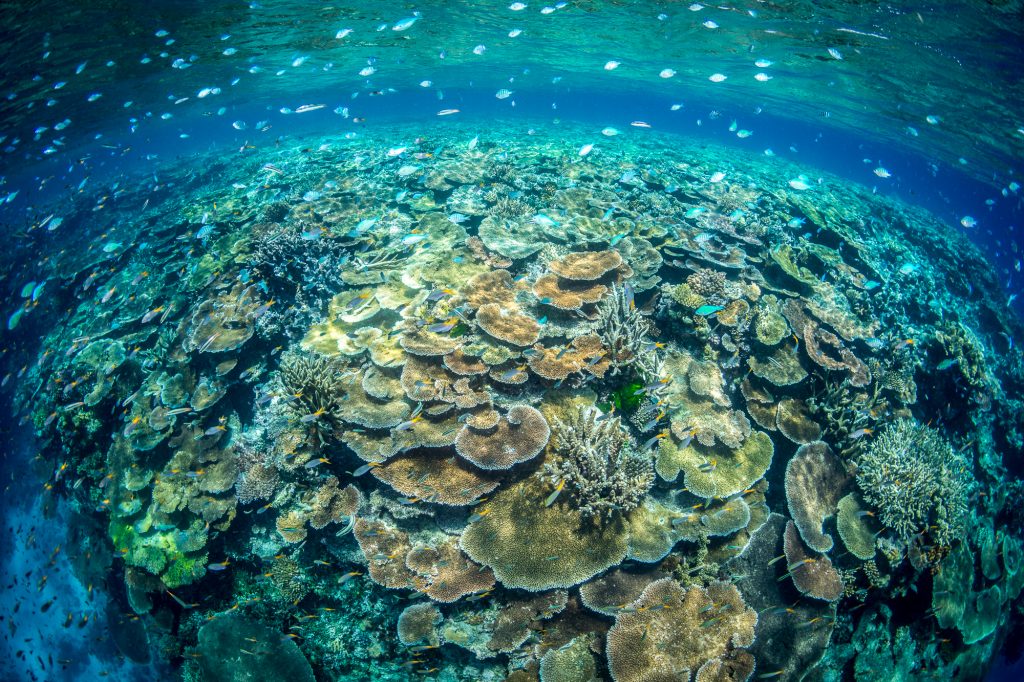
From 16 – 18 November, the Global Coral Reef Monitoring Network (GCRMN) Pacific Regional Node convened in Auckland, New Zealand, for a productive workshop to drive the production of the “Status and Trends of Coral Reefs in the Pacific: 2024” regional report. The GCRMN Pacific node coordinators are currently working on the production of […]
2023 Coral Bleaching Guidance
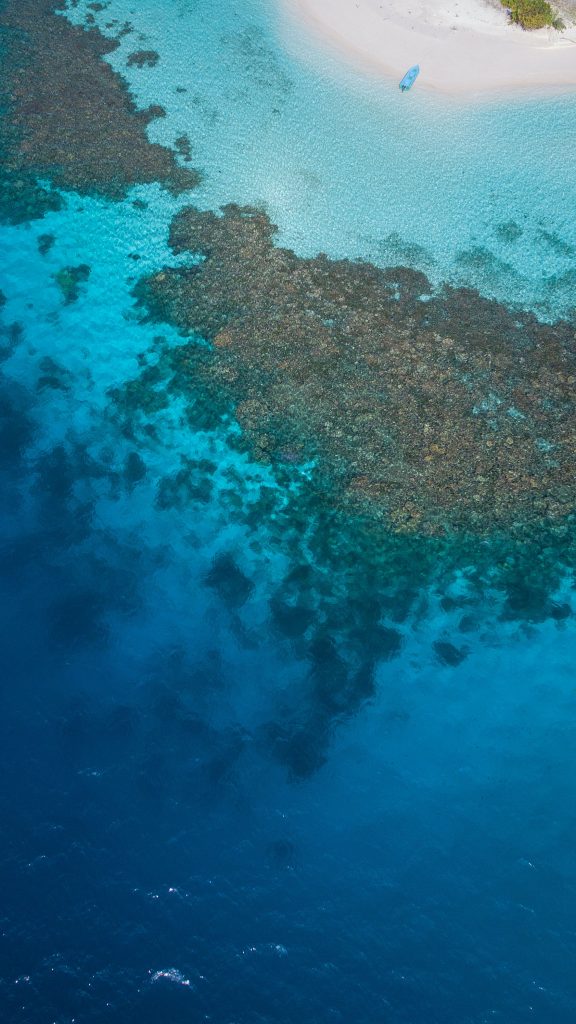
Coral Restoration Consortium releases guidance to practitioners on coral bleaching Bleaching is reaching severe levels throughout the tropics with more reports coming in daily. This extreme heat stress due to the predicted El Niño, is arriving a month earlier than expected. Corals can recover from mild or short-term bleaching but long-term or extreme heat causes […]
Regional Coordinators Meeting – July 2023
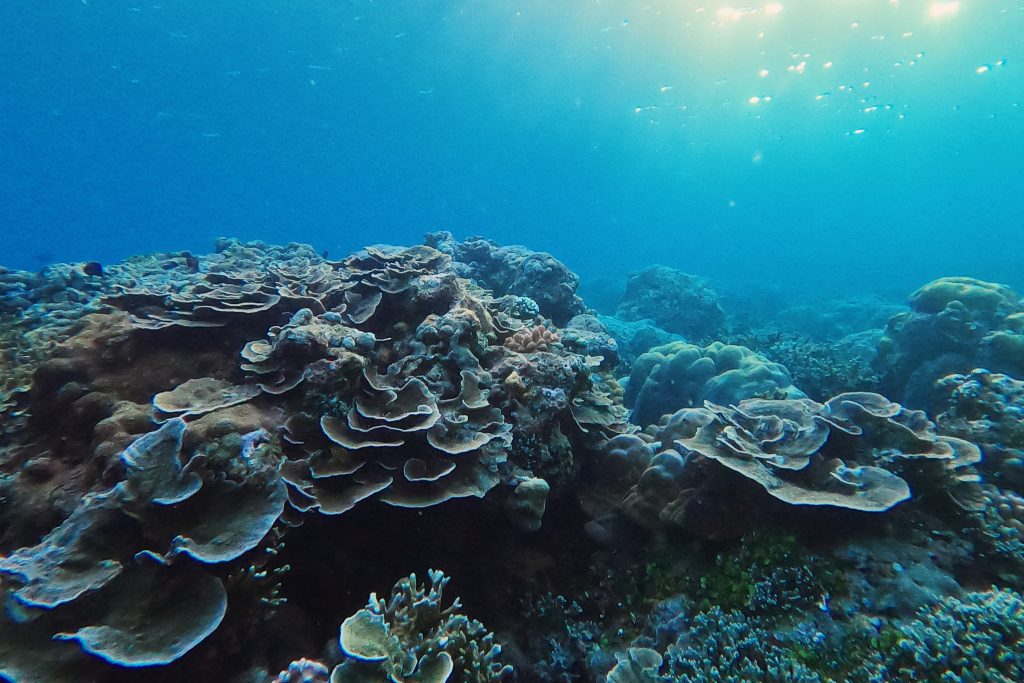
The GCRMN is structured in ten regional nodes, which operate as independent entities around a regional coordinator. These node coordinators facilitate the communication within the region, workshops on monitoring and data management and contributions to global and regional GCRMN “Status and Trends of Coral Reefs” reports. Regional node coordinators interact with the GCRMN Core Team […]
Is El Niño on the horizon? What does it mean for coral reefs
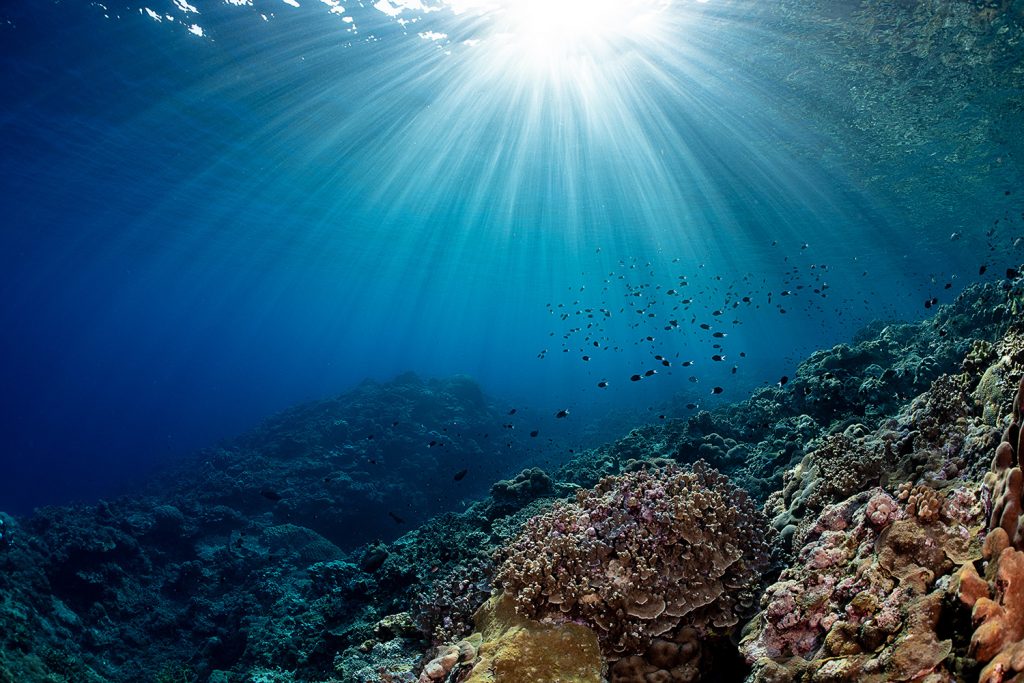
Hard corals are particularly sensitive to marine heatwaves (a period of abnormally high ocean temperatures), as thermal stress can lead them to expel their symbiotic algae – zooxanthellae -, revealing their white calcium carbonate structure, a phenomenon called “coral bleaching”. As hard corals heavily depend on the energetic resources provided by their symbiotic algae, marine […]
GCRMN Steering Committee meeting – May 2023

On 16th May 2023, the Global Coral Reef Monitoring Network (GCRMN) Steering Committee convened for a productive online meeting that saw discussions ranging from the establishment of a new Data Taskforce, the IUCN Red List of Ecosystems and updates from regional nodes. The Steering Committee meeting was opened by Tom Dallison (International Coral Reef Initiative […]
New insights into Diadema mass mortality
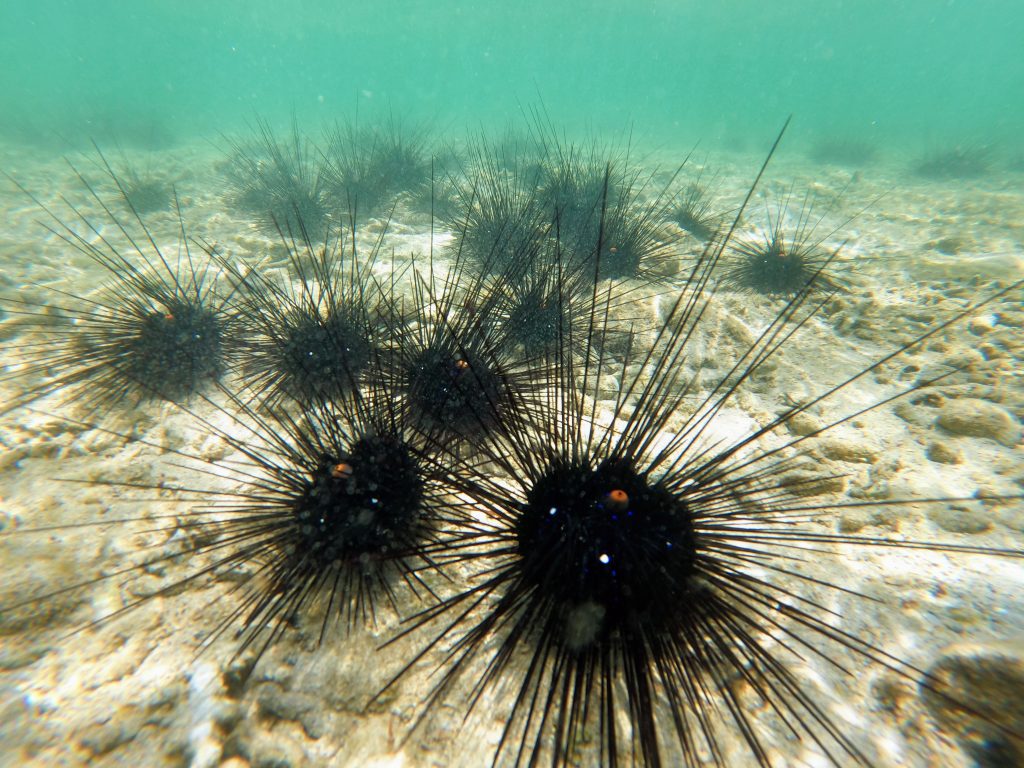
Over the five last years, humanity has faced a new catastrophic pandemic with Covid-19. However, humans are not the only species to suffer from pandemics, and the impact of one pandemic is not limited to the species that it affects because of particular functions species fulfill within ecosystems. As such, a species extirpation following a […]
Coral Beaching on the Allen Coral Atlas
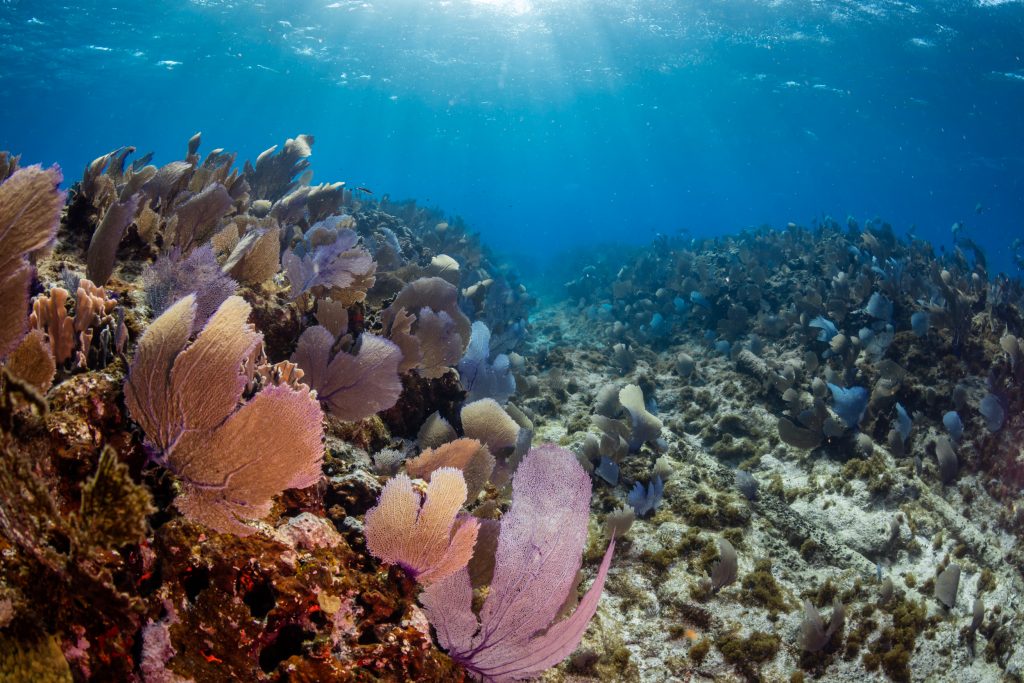
Today the Allen Coral Atlas released a new version of its coral bleaching monitoring system, including biweekly bleaching data from 2019 to the present. This unprecedented data release helps resource managers react to bleaching events as they occur, and decision makers as they prioritize areas for restoration and mitigation. “Coral bleaching is one of the […]
Call for Coral Reef Data: Pacific Region
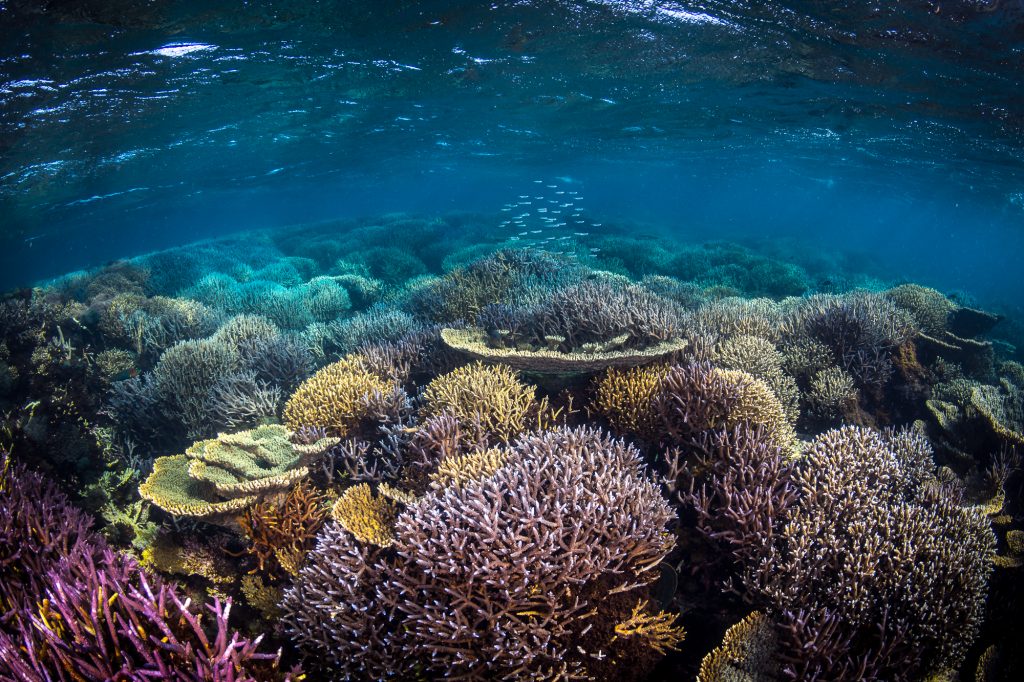
Over the last 10 years, the Global Coral Reef Monitoring Network (GCRMN) has adopted a new approach, based on the analysis of standardized coral reef monitoring data. The recent “Status and Trends of Coral Reefs of the World: 2020” GCRMN report was produced utilizing this approach which has made it possible to estimate temporal changes […]
